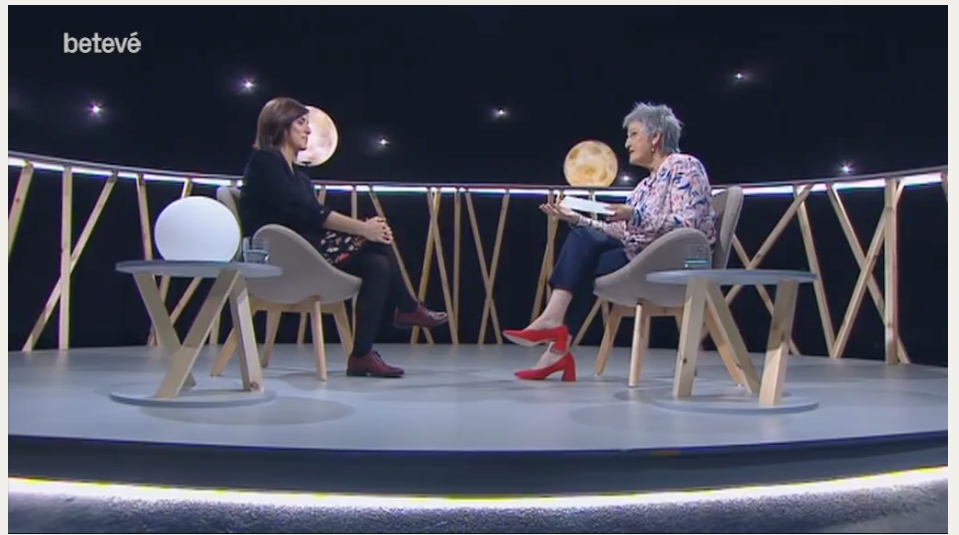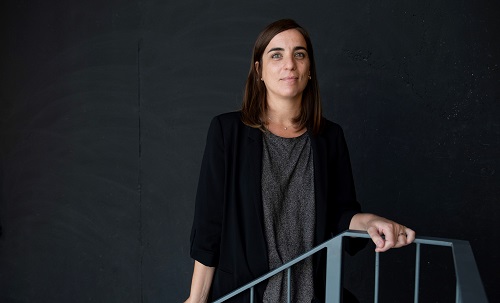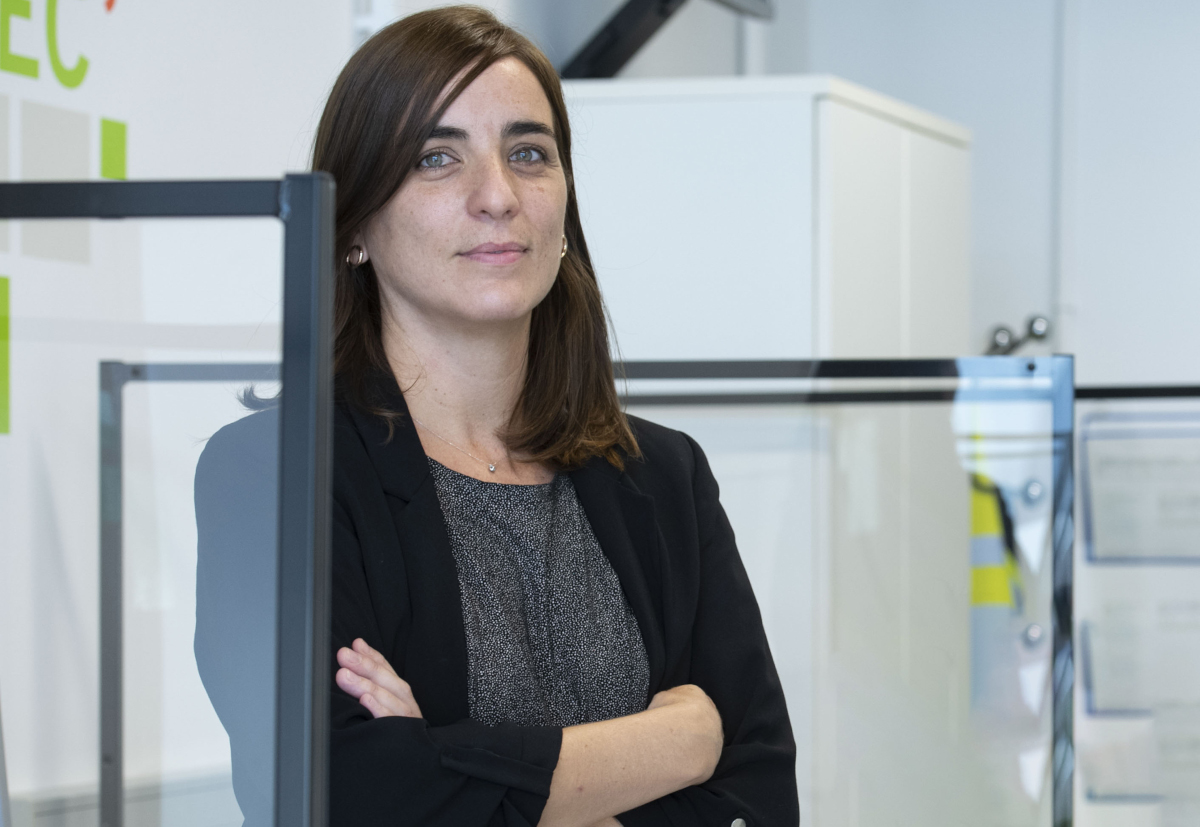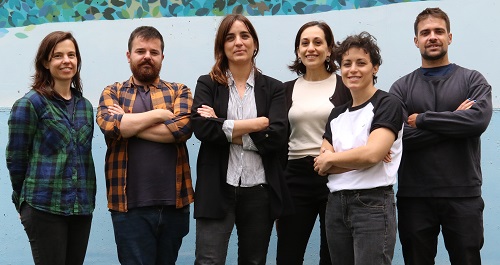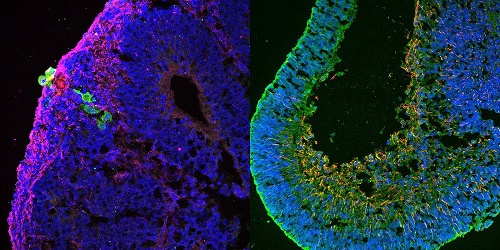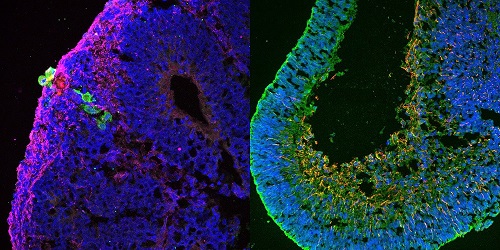Núria Montserrat represents the european research council at the world economic forum in China
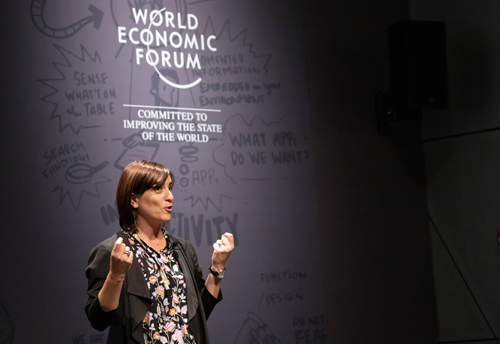 The researcher Núria Montserrat accompanies the president of the European Research Council (ERC) together with a selection of the best European researchers, at the Summer Davos annual Meeting, organised by the World Economic Forum (WEF). She has participated in several forums about how to work on more prosperous future and she explained how the research in organ regeneration that she is currently undertaking at IBEC can help in the fight against cancer.
The researcher Núria Montserrat accompanies the president of the European Research Council (ERC) together with a selection of the best European researchers, at the Summer Davos annual Meeting, organised by the World Economic Forum (WEF). She has participated in several forums about how to work on more prosperous future and she explained how the research in organ regeneration that she is currently undertaking at IBEC can help in the fight against cancer.
The Annual Meeting of the New Champions (AMNC) also known as Summer Davos, is one of the events that brings together the brightest minds on the planet to discuss issues related to scientific research, leadership, and innovation. On this occasion, the forum was from 1 to 3 July and was held in the Chinese city of Dailan with the participation of the European delegation composed of its president, the mathematician Jean-Pierre Bourguignon and ten of the most outstanding European scientists.

